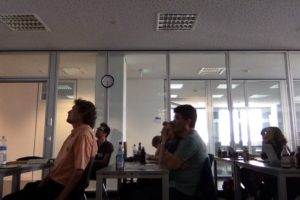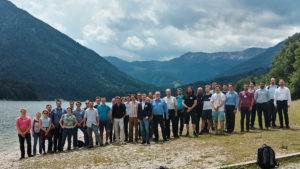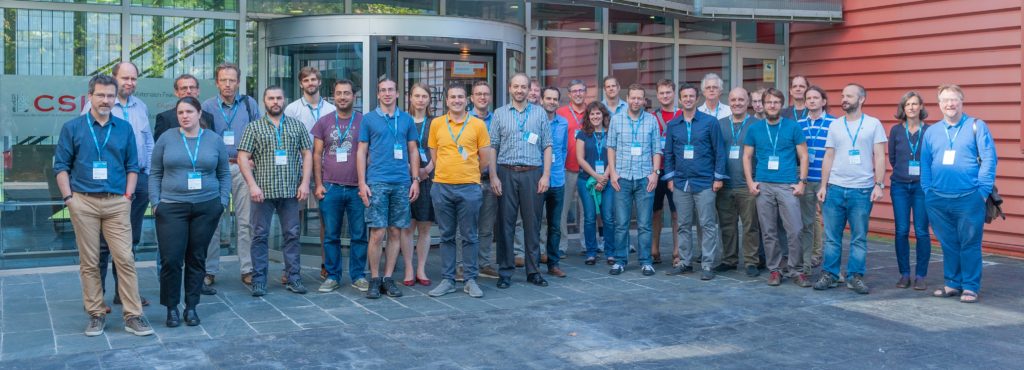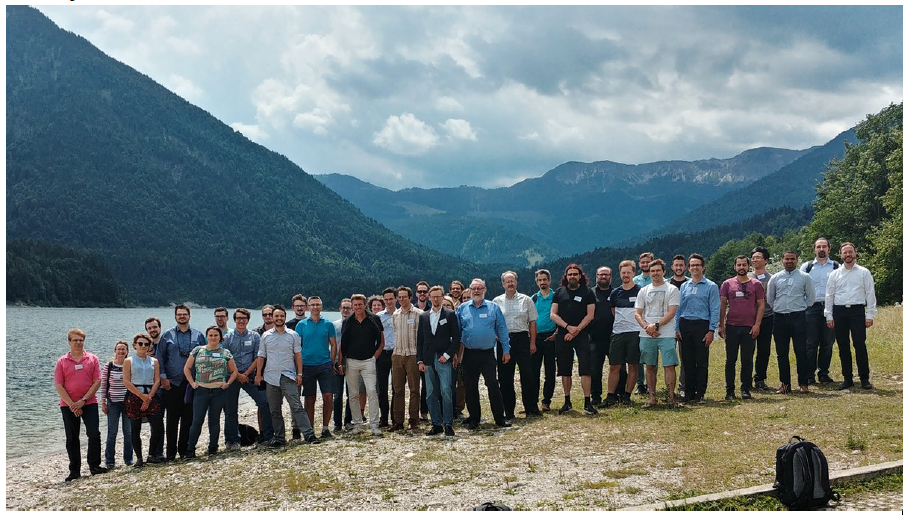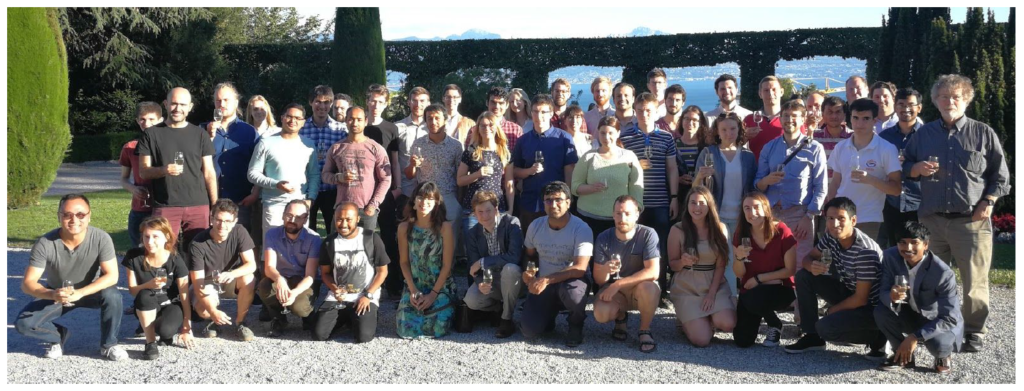CECAM Report
Program GASC
Organizers: Thomas Frauenheim (Bremen), Peter Déak (Bremen), Klaus Irmscher (Berlin), Susanne Siebentritt (Luxembourg), Joel B. Varley (Livermore, California)
Venue: University of Bremen, Bremen Center for Computational Materials Science (BCCMS), Germany, 8th until 12th of October 2018
Sponsors: University of Bremen (BCCMS), Psi-k, DFG
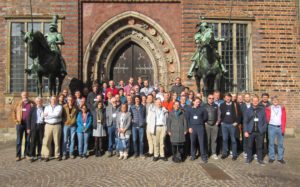
Defect engineering in micro/optoelectronics and in photovoltaics has immensely profited from electronic structure calculations. In the past two decades, local and semi-local approximations of density functional theory were the workhorses of theoretical studies but, by now, it has become clear that they do not allow a sufficiently accurate and reliable prediction of defect properties in wide band gap materials. While ab initio energy methods for calculating the total energy are struggling with the system sizes necessary for defect modeling, semi-empirical methods using various corrections or hybrid functionals are being applied for the purpose. While the theoretical background of these methods and their relation to each other is by now more or less understood, the transferability of the semi-empirical parameters and the overall predictive power is still unclear. Progress requires further systematic testing and comparison of the various methods, as well as validation against experiments. For that, accurate measurement data on defects are needed on a set of materials, which are structurally or compositionally related. Gallium based semiconductors, like GaN, Ga2O3 and CuInxGa1-xSe(S)2 chalcogenides (CIGS) offer a good possibility for testing theory and are interesting also experimentally due to their versatile applications.
While there are still open defect-related questions in the much studied blue LED-material GaN, very few defects could be positively identified as yet in CIGS solar cell materials, while the research on the potential power semiconductor and UV transparent electrode Ga2O3 has barely started. Following the successful workshops on Gallium Oxide and Related Materials, held in Kyoto (Japan) in 2015, and in Parma (Italy) in 2017, as well as several workshops on chalcogenide photovoltaic materials, e.g., Symposium V at the E-MRS Spring meeting 2016, the CECAM-workshop in Bremen 2018 will focus on bringing together experimentalist interested in gallium oxide and Ga-based chalocgenides with theorists who are active in the field. A friendly and stimulating environment will facilitate discussions, adding impetus to both the development of practically applicable theoretical methods and to progress in the defect engineering of these materials.
